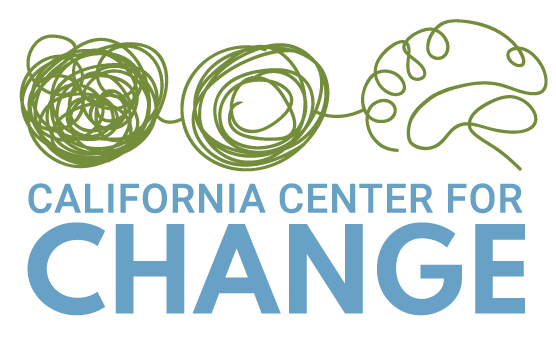Go from Surviving to Thriving
Often times, the people who I support are attempting to fill a parent-sized void with addiction. They have unmet needs from childhood or they’re survivors of trauma. Regardless of the degree of severity, addiction becomes a tool for coping with stressors and unpleasant emotions. Over time, the person develops a relationship to their drug or compulsive behavior of choice and an attachment bond forms. More often than not, this attachment is seen as a source of stability, predictability, and comfort — much like the attachment one expects from healthy parenting.
This is not necessarily bad and, in fact, can be seen as an adaptive survival strategy when a person lacks other tools. Without emotional regulation skills or the bandwidth required for self-reflection, it’s very easy for anyone to turn to problematic coping strategies. However, recovery from addiction is only possible when one cultivates awareness around these attempts to fill a void and responds in an intentional way.
Here are some indications of maladaptive coping:
Feelings of shame following the attempt to cope
I used ketamine to escape overwhelming feelings of rage but I’ve been trying to abstain from using it.
Interruptions to work and relationships
A fear of being judged by my partner leads me to drink in secret to cope with trauma symptoms
Need for more coping due to the intervention
After drinking too much to cope with loneliness, I feel hungover and turn to compulsive sexual behaviors for comfort.
The need to manage feelings of rage, loneliness, and anxiety is real and healthy. Your need for coping is not the problem, it’s the maladaptive strategies being implemented. What’s one small thing you can do today to become more aware of your emotional and relational needs?
Meditate for 5 minutes
Jot down all your feelings at the end of the day
Journal for 5 minutes before bed
Take 5 minutes to reflect on feelings of anger, resentment, or betrayal
The difference between surviving and thriving lies in the choice to make intentional, thoughtful, and empowered choices to cope versus impulsive, desperate, and destructive ones. Thriving means living your best life, being your best self, and managing your mental health despite the challenges life throws your way. It doesn’t mean life is perfect or easy, but it does mean that you feel confident, competent, and willing to tackle stress, pain, and urges to engage in problematic drug use.
Let us know in the comments how you cultivate awareness around your needs. We’d also love to hear about the healthy coping strategies you implement for relapse prevention.


